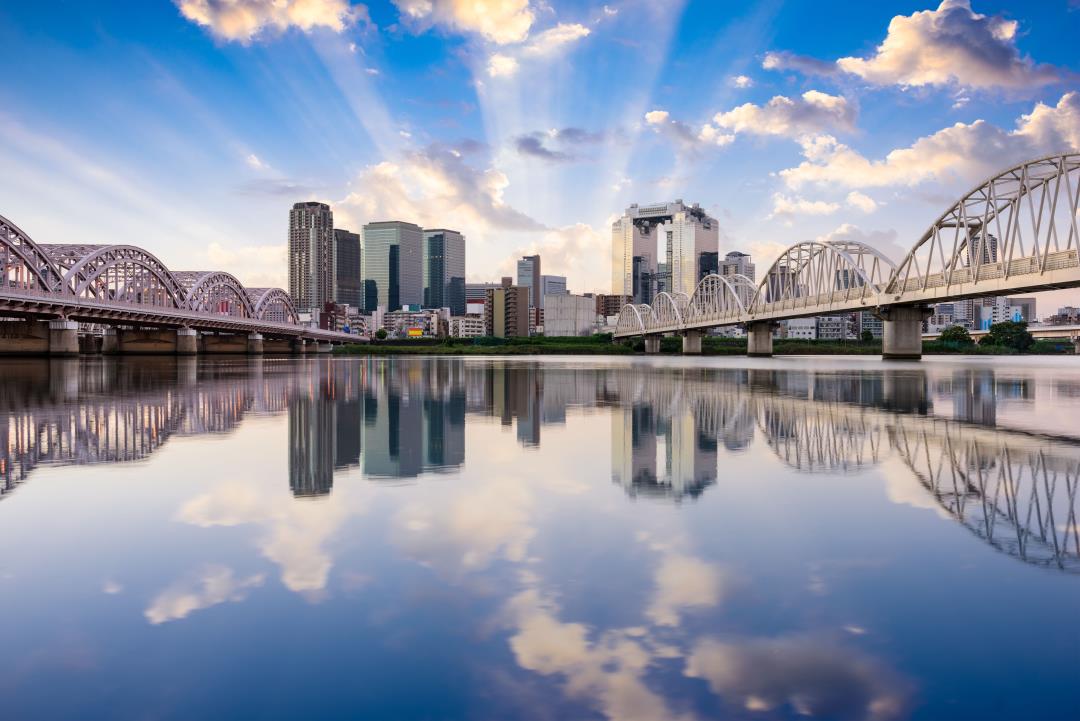Bussiness
Germany’s Merkel laments influence of big business on Trump

German Chancellor Angela Merkel, on February 14, 2020 in Berlin, Germany.
Felix Zahn | Photothek via Getty Images
Former German chancellor Angela Merkel has called the influence of tech billionaires such as Elon Musk over U.S. President-elect Donald Trump a “huge concern”.
In an interview with the news magazine Der Spiegel published on Friday ahead of the release of her memoir, Merkel said the job of politics was ultimately to balance the interests of ordinary and powerful citizens.
“If this ultimate recourse is influenced too strongly by companies, whether through capital power or technological capabilities, then that is an unprecedented challenge for all of us,” she said.
She cited the example of Musk, chief executive of Tesla and SpaceX, who was tapped by Trump to co-lead a new Department of Government Efficiency that the incoming president has indicated will operate outside the confines of government.
“If a person like him [Musk] owns 60% of all satellites orbiting in space, then that has to be a huge concern for us in addition to the political issues,” Merkel said.
SpaceX runs the satellite internet provider Starlink, which has over 6,000 satellites in space and is used by consumers, companies and government agencies.
Merkel’s memoir, entitled “Freedom: Memories 1954-2021” and written before Trump’s re-election, will be published in more than 30 countries on Nov. 26.
Merkel told Spiegel his victory had filled her with sadness.
“If someone in politics does not allow for win-win situations, but only ever recognizes winners and losers, then that is a very difficult task for multilateralism,” she said.
In her book, which she will launch in December in the United States at an event with former U.S. president Barack Obama, Merkel describes her dealings with Trump as well as other world leaders, including Russian President Vladimir Putin.
Its release comes as she faces pressure to defend the legacy of her 16 years in power in the light of Germany’s current economic and political difficulties, and growing international crises.









